Should Chickens Be Fed Moldy Chicken Feed
One of the best parts about raising backyard chickens is the fact you can feed them almost anything — and they'll eat it! I love being able to give table scraps to chickens that even my dogs won't eat. Throwing away food is wasteful, so it's nice to know chickens will take care of some scraps that would normally get tossed.
But not everything is safe to give to your chickens. In fact, some foods that you might think are safe for chickens are in fact, quite the opposite. Some food scraps are dangerous (even deadly) to give to chickens. Read on to learn more about some common food scraps that you shouldn't feed your chickens.
Dry Beans And Lentils
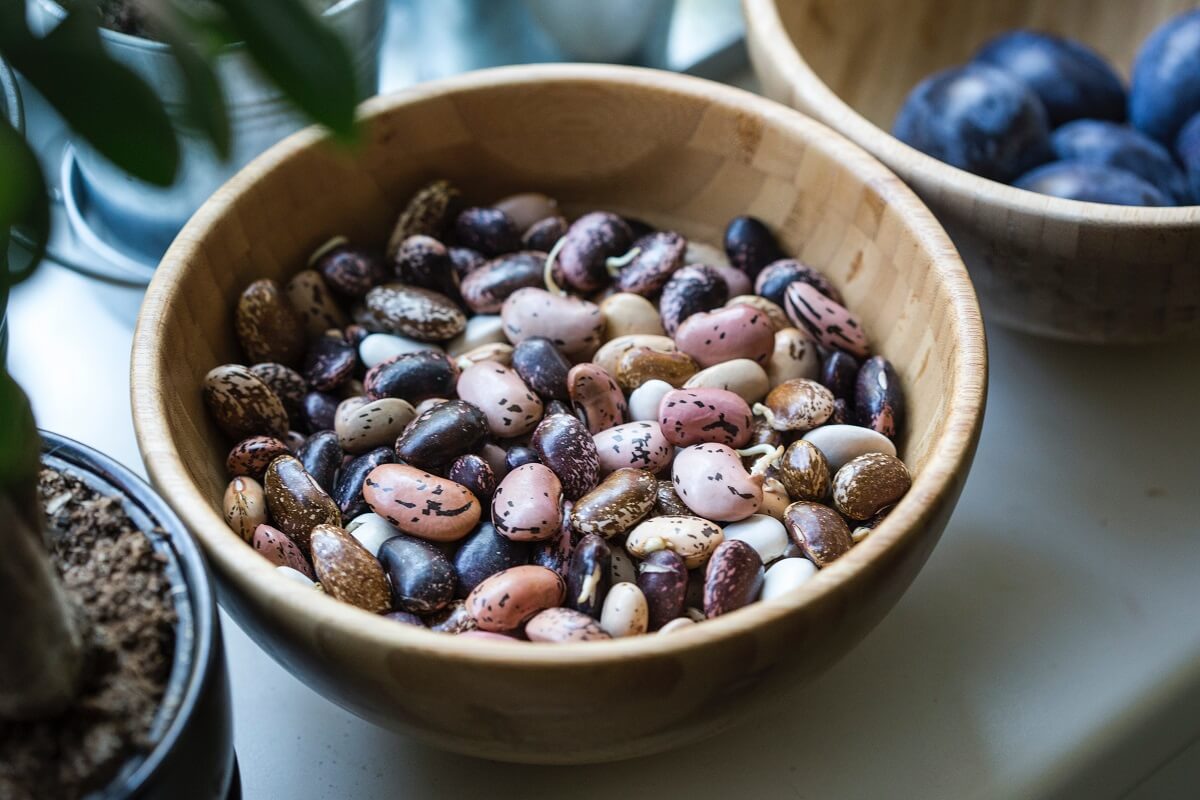
Most people wouldn't throw out dried beans or lentils because they have a shelf life of almost forever. But, if you're cleaning out the pantry and come across a half-used bag of pinto beans that you're never going to cook, don't give them to your chickens.
Uncooked beans and lentils contain a compound called phytohaemagglutinin. This compound is poison to chickens. Cook the beans to destroy the compound and then you can feed them to your flock. You can also sprout beans and lentils. Once sprouted, they are safe to feed.
Related Post: 12 Chicken-Friendly Plants To Grow Next To Coops
If you feed your chicken's cooked beans or lentils, make sure they are homemade. Don't feed them beans from a can, as they tend to contain a high sodium level your chickens don't need.
Dry Rice
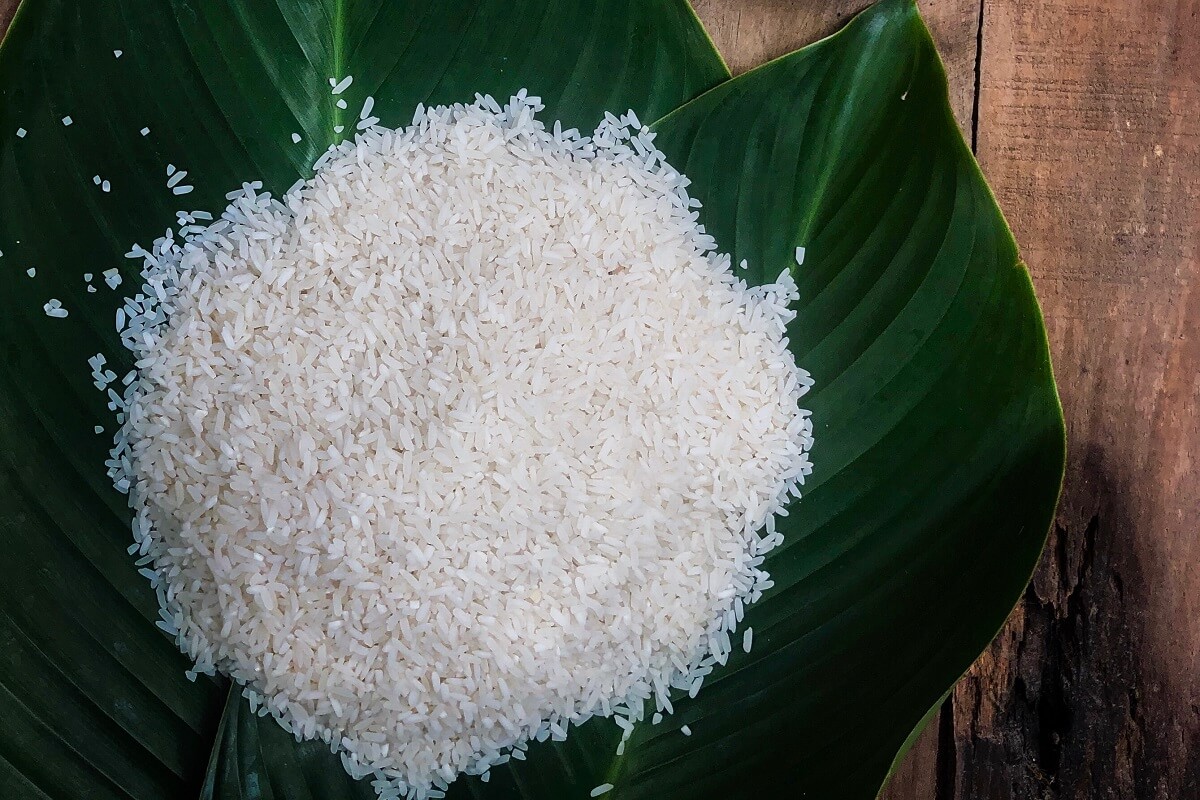
Many years ago, it was popular to throw rice at weddings. You'd get a little bag of rice and toss the rice at the couple after the ceremony. People then discovered that birds were eating the rice and it was often deadly for them, so people switched to throwing birdseed.
Dried rice isn't dangerous because of a chemical but because of the fact that it's dried. When you cook rice, it swells. The rice does the same thing when you feed it to your chickens. It comes in contact with the moisture in the bird's digestive tract and swells. When the rice expands, it can expand too much and cause harm to their gut.
Avoid this problem by cooking rice first. Chickens will go crazy over cooked rice. Don't feed them dried.
Avocado
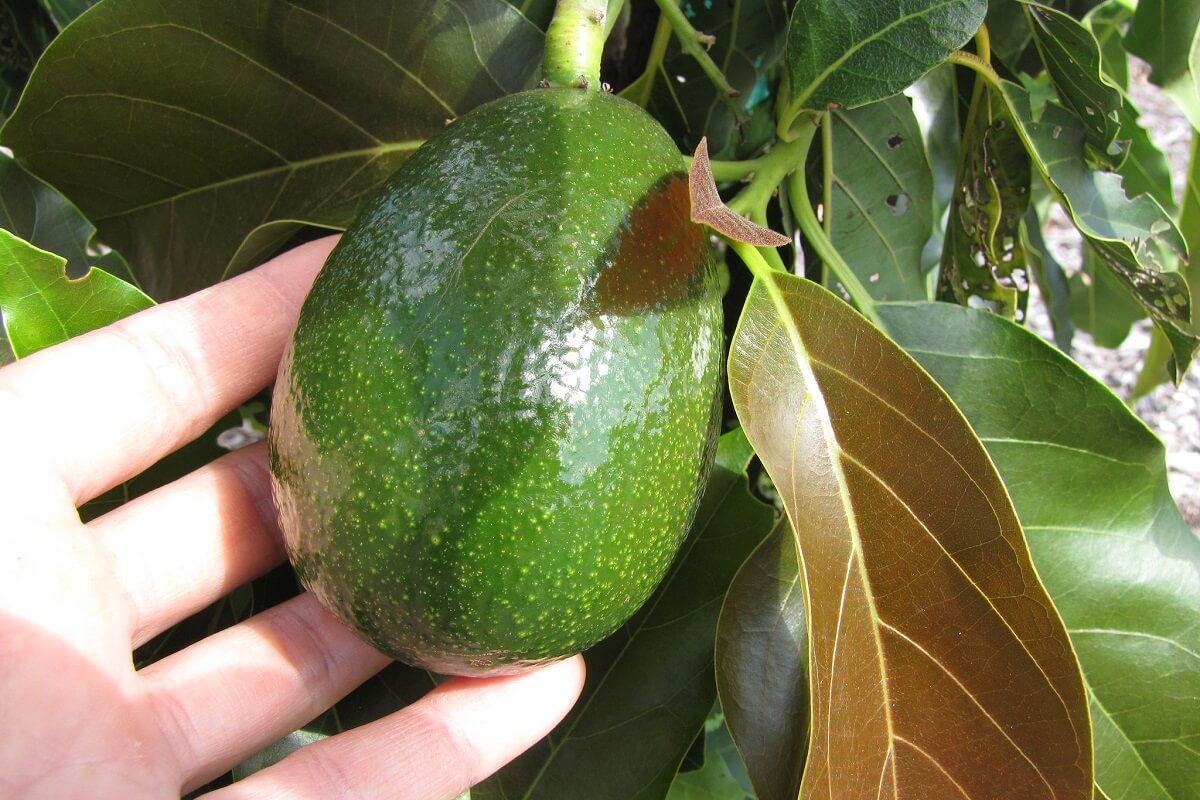
I'm a huge fan of avocado. It's one of my favorite foods to eat fresh. In fact, at any given time, there are bound to be several avocados in our fridge. You don't eat the skin or the pit of the avocado, and it becomes a food scrap.
The skin and pit of the avocado is not something that you want to feed your chickens. It contains a toxin called persin. Persin is dangerous to feed chickens and in large enough amounts, it can be deadly. The skin and pit have the largest concentrations of persin, but there is a small amount that is present in the flesh as well. Be on the safe side, and avoid giving your chickens any avocado.
Apple Seeds
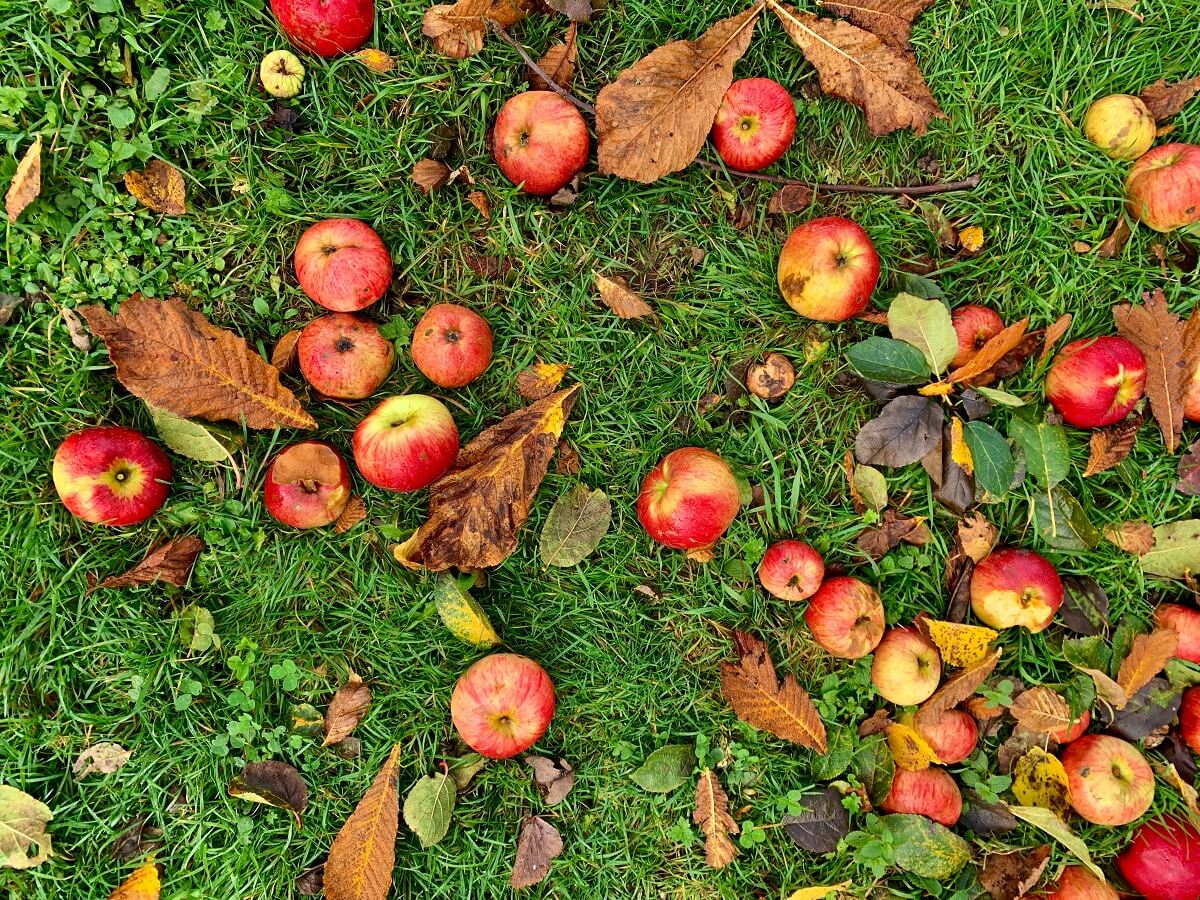
For the most part, chickens are smart about what they can and cannot eat. They tend to stay away from foods that are dangerous to them, and focus on eating things that are good for them. If you have fruit trees, you'll know that chickens are crazy about fruit that falls to the ground. If it's soft enough, they'll eat all of it. Apples, cherries, and other stone fruits that fall to the ground become fair game for chickens.
Related Post: How To Store Apples
Apples, cherries, and other stone fruits have seeds that contain cyanide. If your chickens eat small amounts of the seeds, they'll probably be fine. The problem happens when they consume too many cyanide-containing seeds. Don't spend hours trying to pick seeds out of all of your apple cores, but use caution when feeding apples to your chickens. Don't let apples become the only part of their diet.
Chocolate
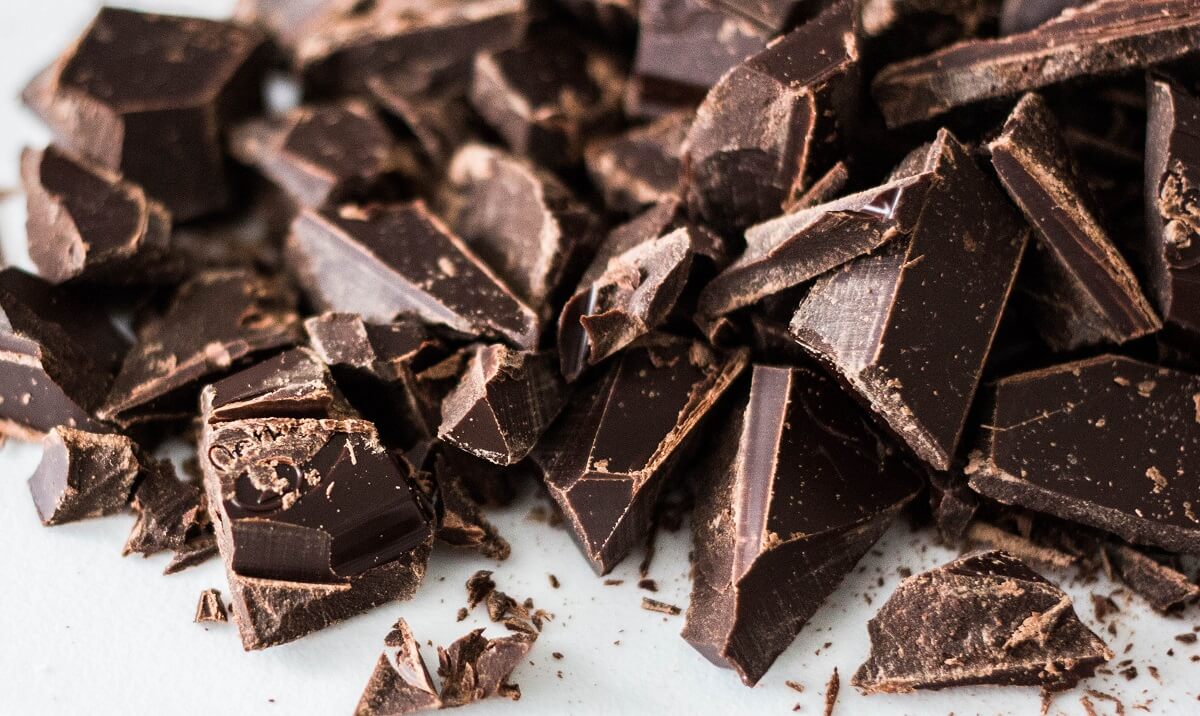
I'm not sure why this needs to be said because who isn't eating all of their chocolate? Since when did chocolate become a food scrap? But I guess if you're not eating your chocolate, you should know it can be dangerous to feed it to your chickens. It's also dangerous to feed to dogs — in case you didn't know.
Chocolate contains a toxic chemical called theobromine. Avoid the issue and just eat the chocolate yourself.
Nightshades
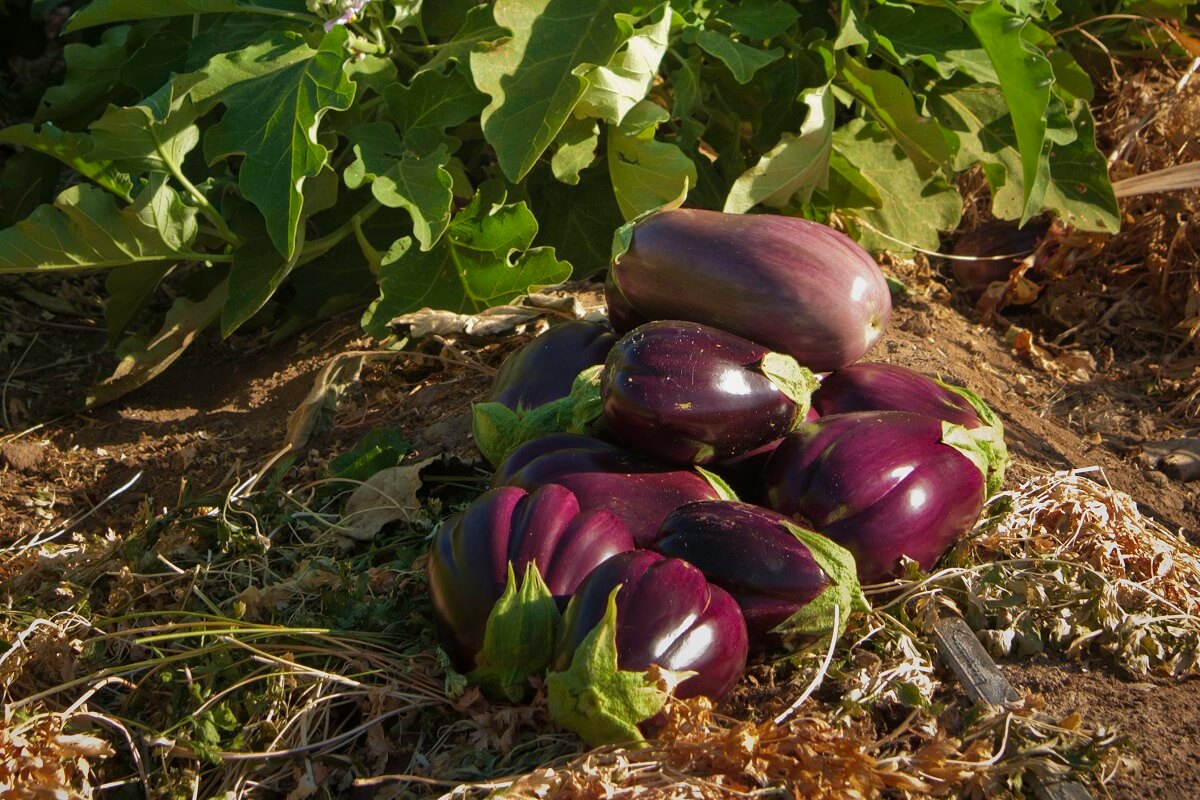
The nightshade family includes tomatoes and eggplants. These plants contain a toxic substance called solanine. Solanine is found in all parts of tomato and eggplant. The leaves, stems, and raw tomato and eggplant fruits contain solanine.
It can be tempting to toss plant scraps into the coop so your chickens can eat them, but don't feed them tomato or eggplant. Compost these scraps instead.
Onions
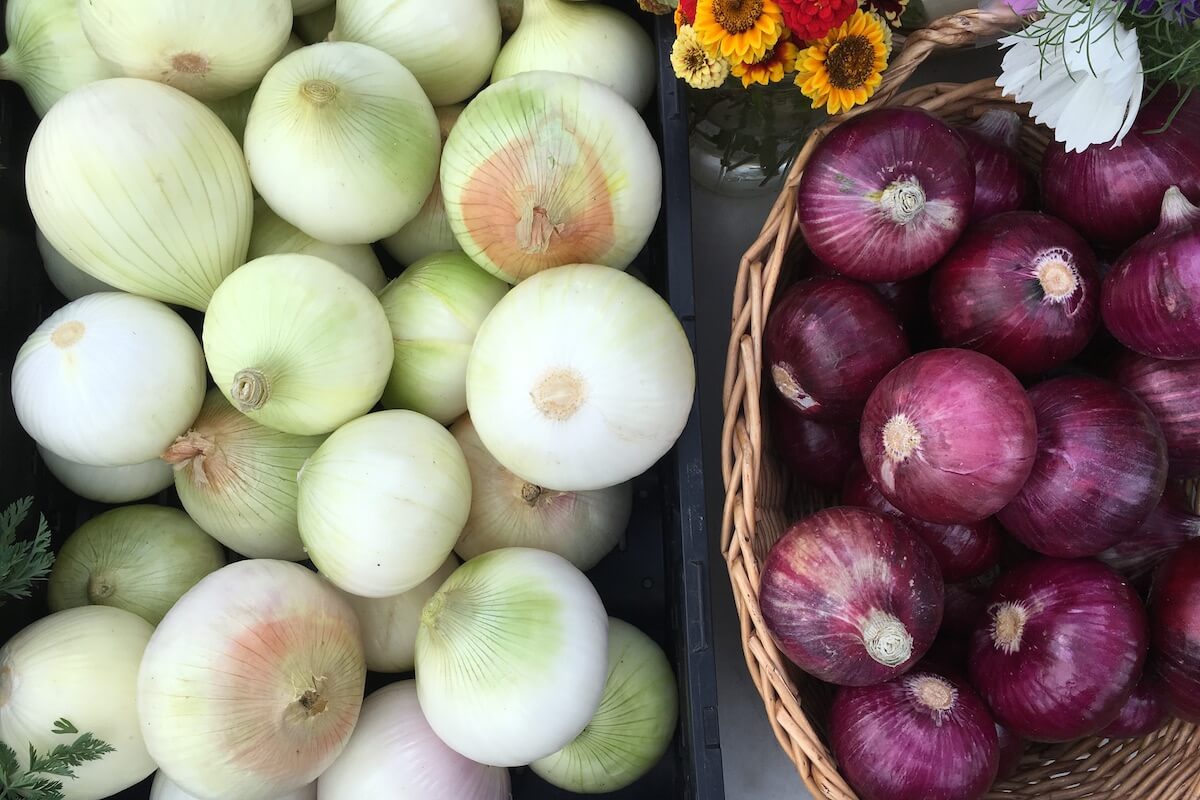
Many homecooked meals that I prepare have chopped onion in them. The ends of the onion get cut off and aren't used, and sometimes only part of the onion itself is used — but I never feed the scraps of onion to my chickens.
Onions contain a toxin called thiosulphate that destroys red blood cells in chickens. If enough red blood cells are destroyed, chickens can develop jaundice or anemia. Avoid this problem, and put your onion scraps into a compost pile instead.
Lettuce
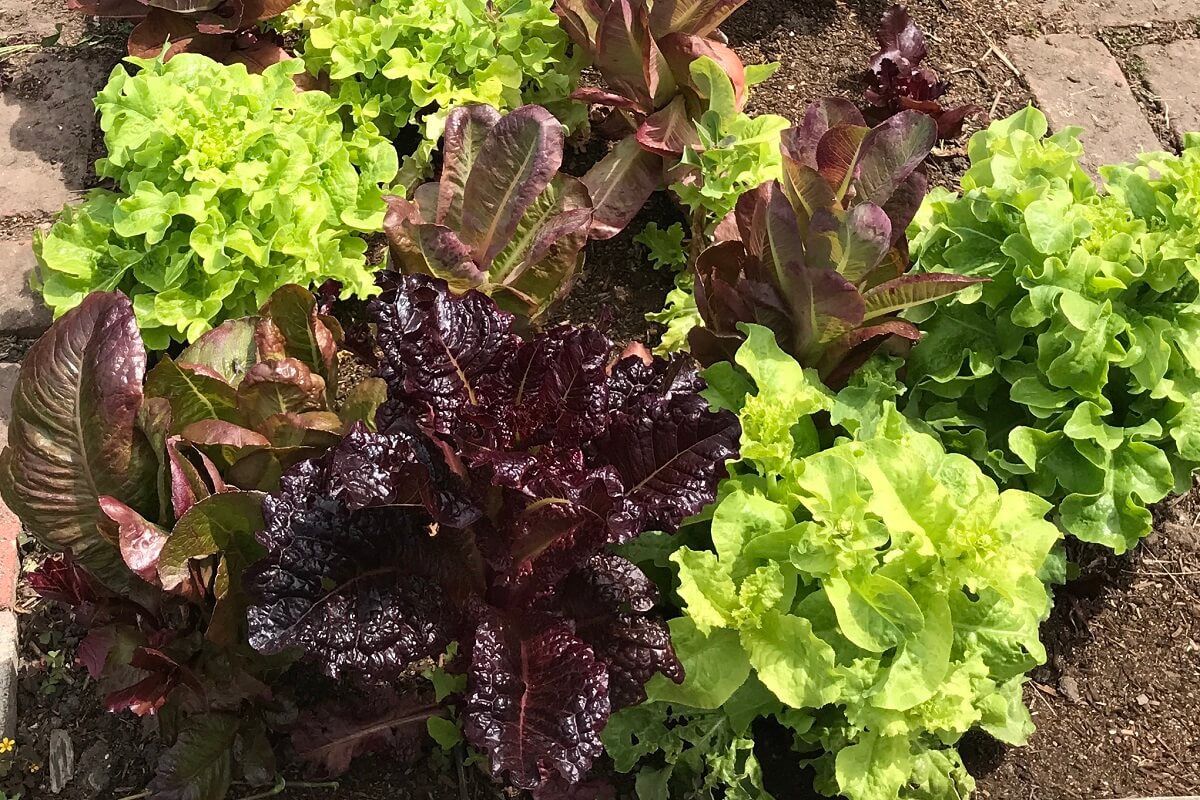
Wait, lettuce is dangerous for chickens? Isn't lettuce supposed to be healthy? I've heard these questions before so bear with me. Part of the reason lettuce is so healthy for humans is it's a low calorie-dense food. Lettuce contains a large amount of water.
Related Post: How To Grow Lettuce Indoors
Chickens will go crazy over lettuce and eat a ton of it. When they eat a ton of lettuce, they're also taking in a lot of water, so too much lettuce can lead to diarrhea in your chickens. You can give them lettuce in small amounts, but be mindful it may lead to upset stomachs if you feed them too much. Also, the type of lettuce makes a difference in the amount of water it holds. Iceberg lettuce is full of water while some other types, like buttercrunch lettuce, don't have as much.
Spinach
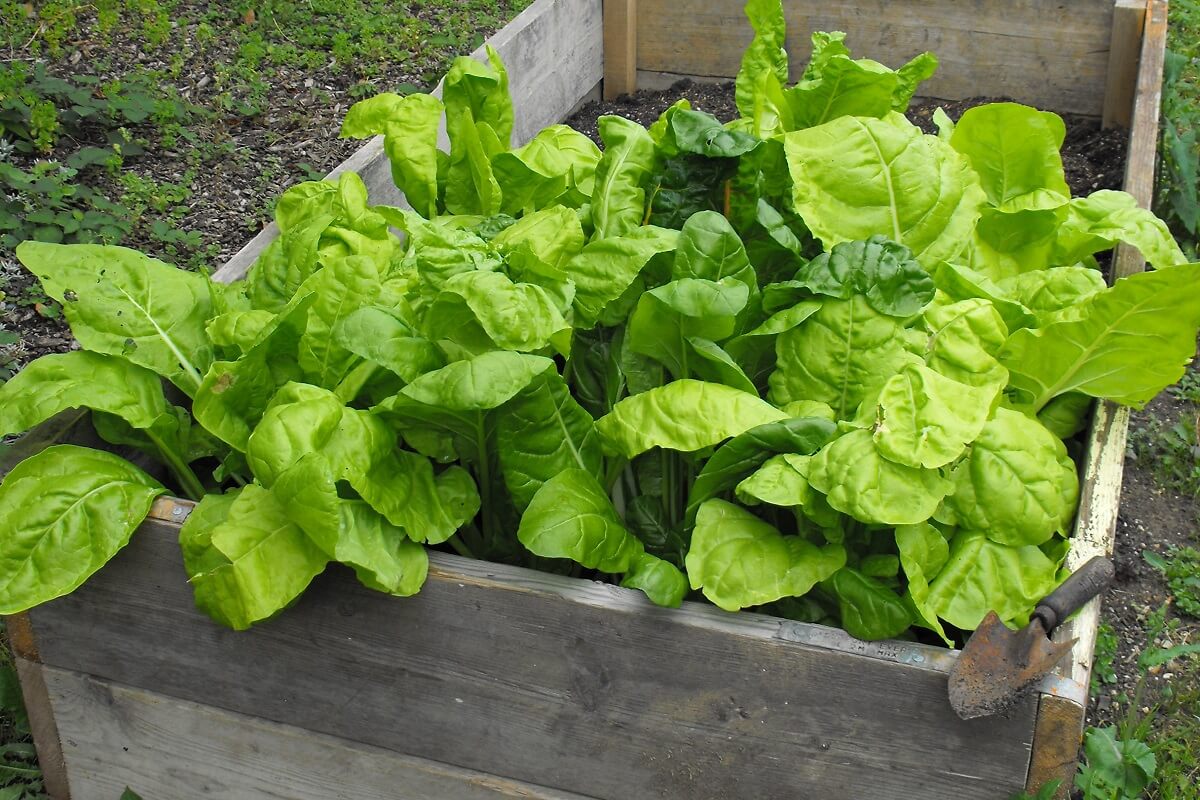
This is another vegetable that, although it is super healthy, can be dangerous to feed to your chickens. Spinach doesn't have quite the water content that lettuce does, so it's not that your chickens will develop diarrhea if they consume too much.
Eating too much spinach can prevent proper calcium absorption. Spinach contains large amounts of vitamins and minerals which is always a good thing, but if your chickens eat too much spinach, they will absorb only nutrients from the spinach. One nutrient not found in spinach in large amounts is calcium. While a chicken's body is busy absorbing nutrients from spinach, it's unable to absorb calcium.
Play it safe and don't give chickens spinach. Feed them kale, cabbage, or collard greens instead.
Rhubarb
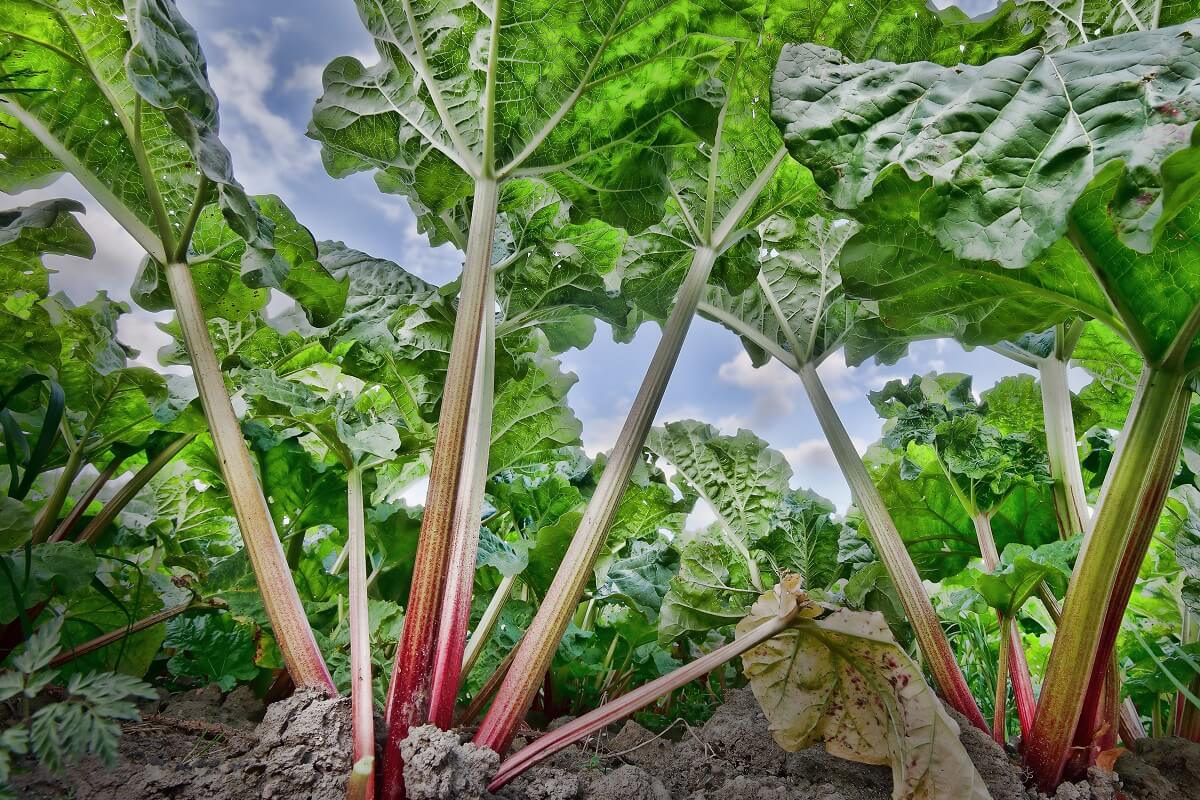
Did you know that if rhubarb isn't cooked properly it can be dangerous for you to eat? It's true! The leaves and stems of the rhubarb plant contain oxalic acid which can be toxic to you and your chickens (spinach also contains small amounts of oxalic acid). Put rhubarb scraps in the compost bin to be safe.
Landscaping Plants
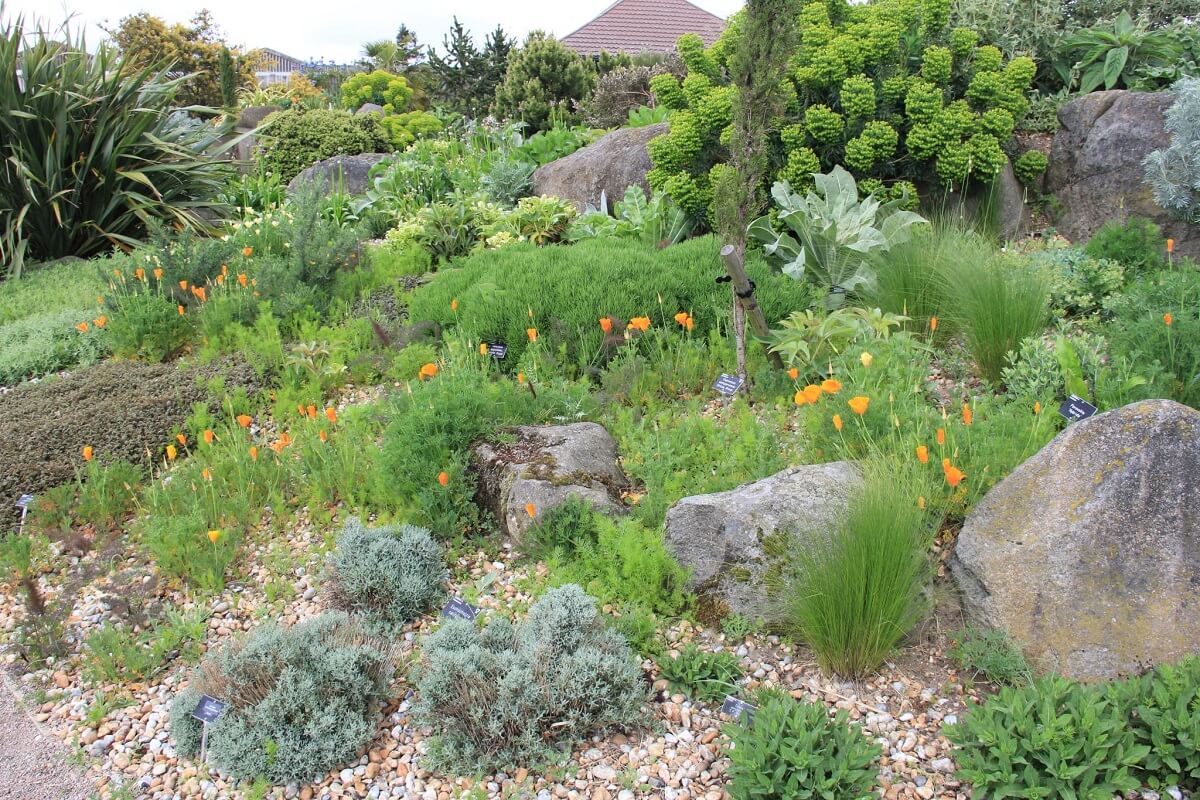
Many of the flowers you plant around the yard or in containers can be dangerous for your chickens. If your chickens are free range, they probably won't bother them. If you plant these next to the coop and your chickens cannot get out, they might be tempted to try them so avoid azaleas and other rhododendrons, foxgloves, lobelia, mushrooms, oak leaves and acorns, holly, lupine, and ferns.
Coffee And Tea
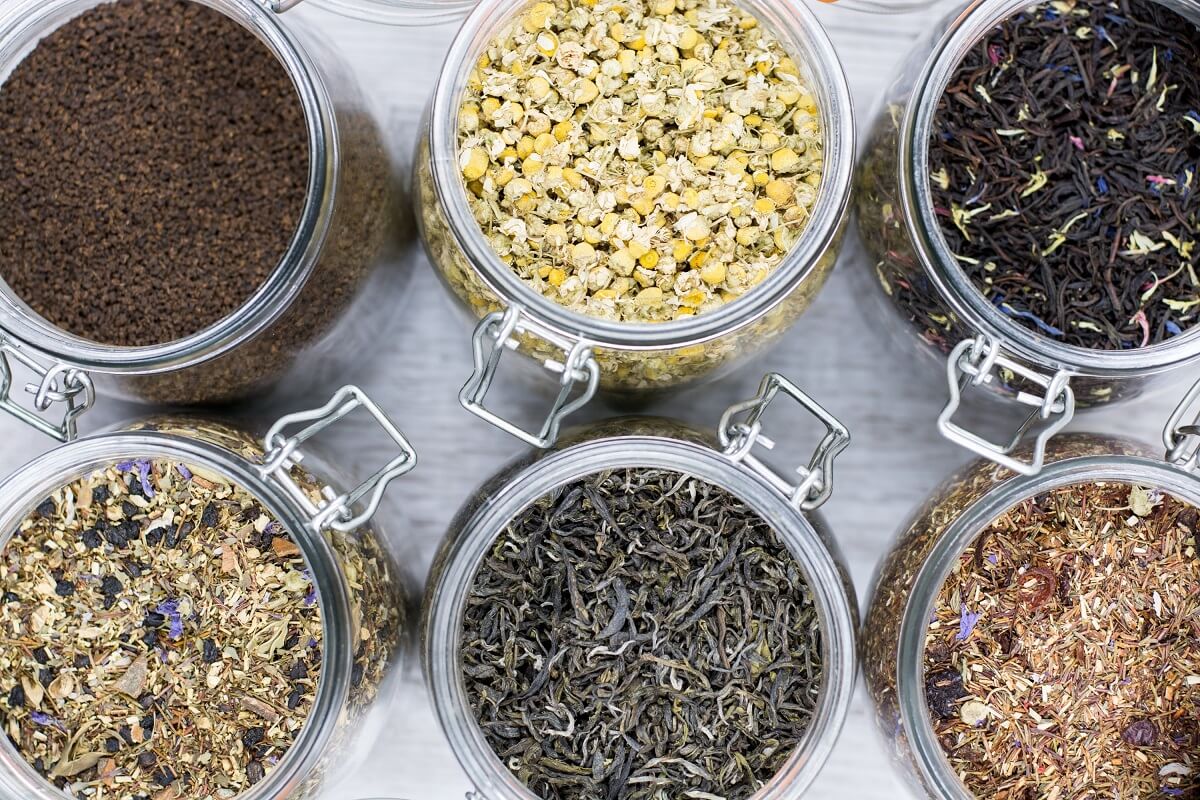
There is some debate about feeding coffee and tea to chickens. I've never fed either to mine because it's valuable in compost piles. However, some people claim their chickens really like coffee grounds and tea leaves.
Related Post: Caffeine-Free Coffee Substitutes That You Can Forage In The Backyard
Coffee and tea both contain caffeine which is a methylxanthine. In large enough amounts, it can lead to heart problems. Avoid giving it to your chickens by tossing coffee grounds and tea leaves on your compost pile.
Raw Eggs
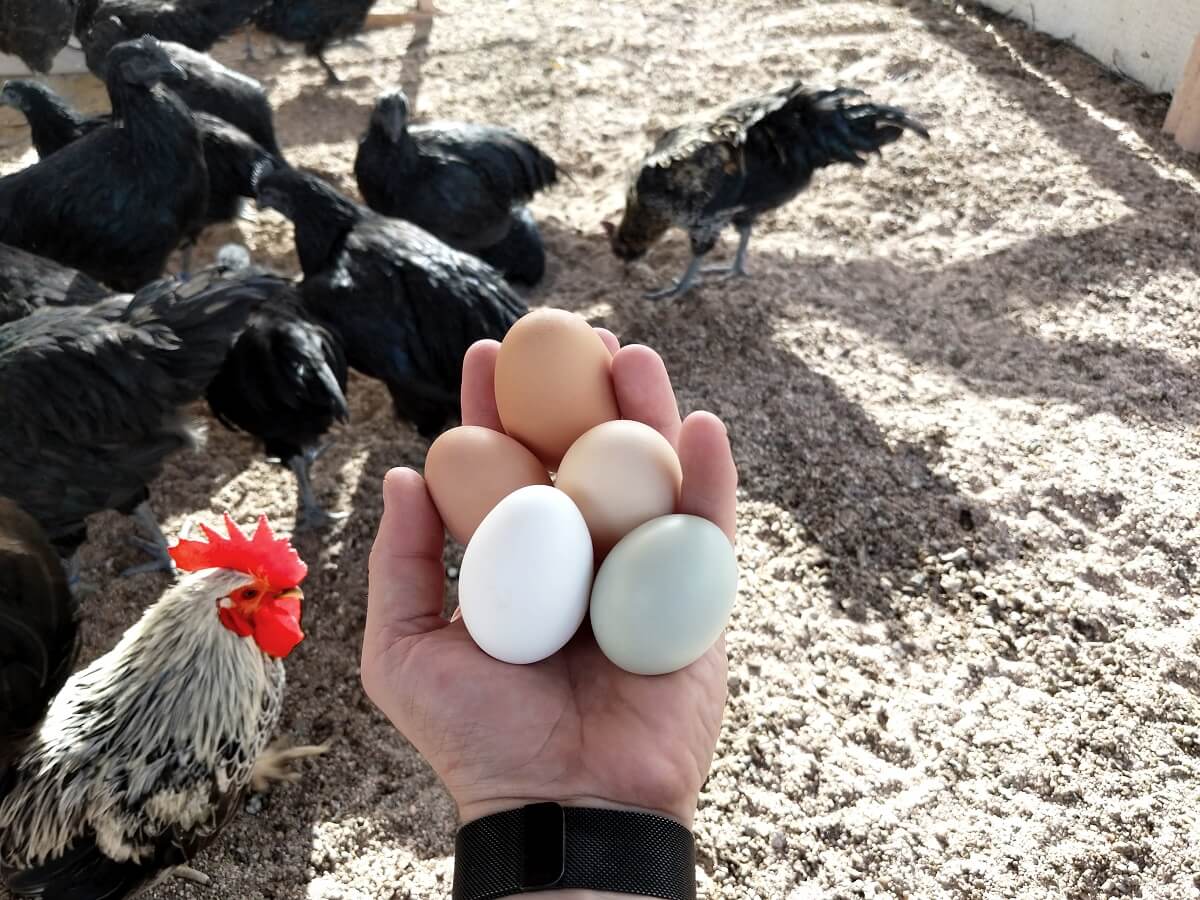
Are raw eggs dangerous to chickens? No. Will they give hens the habit of egg-eating? Potentially.
Chickens can develop a liking for raw eggs. If that happens, you'll have a hen that will raid your nesting boxes looking for more. It's difficult to fix an egg-eater, and much easier to prevent it from happening. If you have extra eggs that aren't going to be used, cook them before feeding to your chickens. They won't associate cooked eggs with the eggs they lay, and you'll be safe.
Anything Perceived To Be Unhealthy
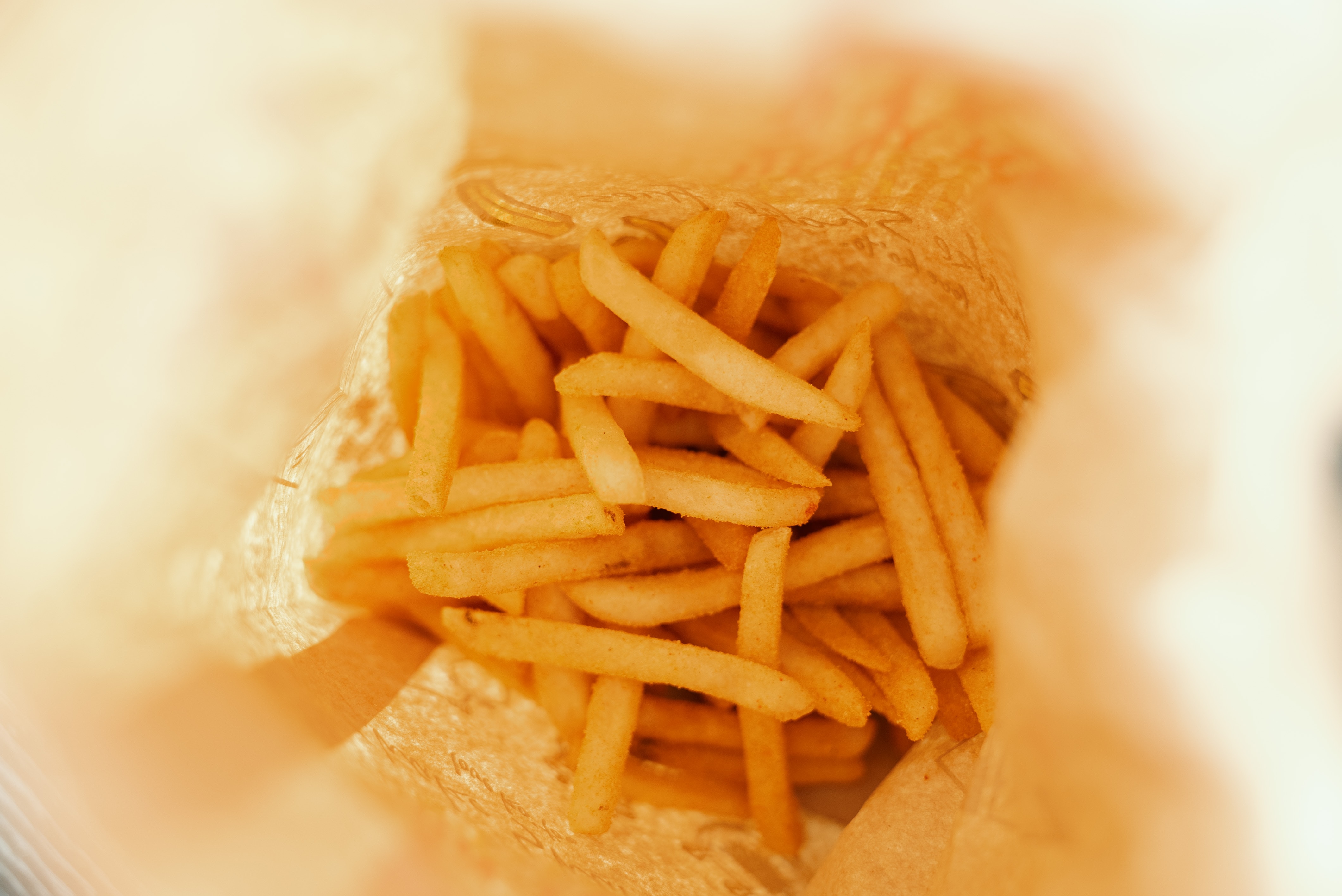
If it's a food that's been fried or is really salty or sweet, don't feed it to your chickens. Excess fat, sodium, or sugar can make them sick. If it's not good for you, it's not good for your chickens either.
Anything Treated With Chemicals
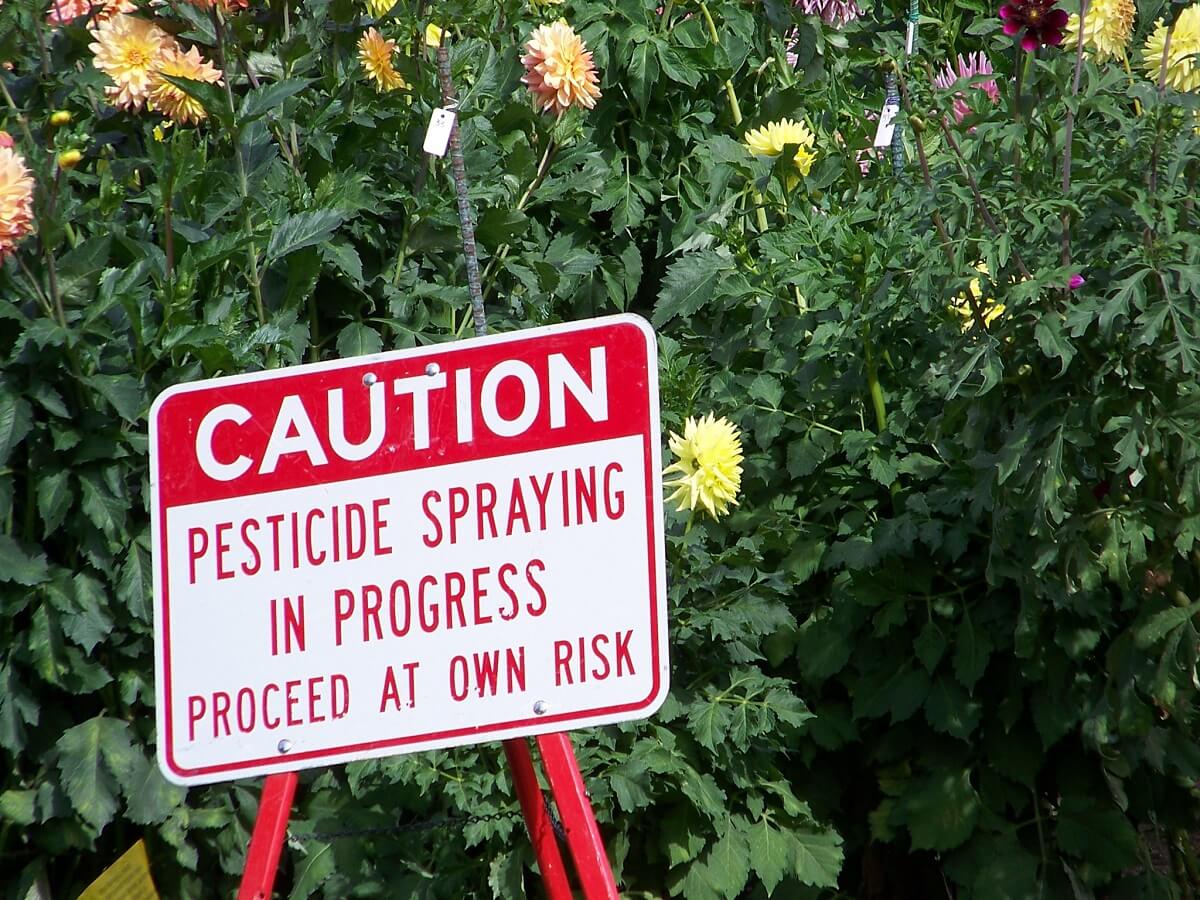
Lawn clippings and pulled weeds are excellent to feed chickens, and they'll literally eat all of them. However, don't feed them to your chickens if the lawn has been treated with chemicals. The chemicals can linger and make your chickens sick.
If you keep an organic garden and yard, this issue shouldn't be a problem!
Shelby DeVore is a livestock expert with experience teaching high school agriculture and multiple poultry science teams. Shelby has over 20 years of experience raising poultry for show, meat, and eggs. She lives on a farm in west Tennessee with her husband and two children along with too many chickens to count. You can catch up with her on her homesteading blog, Farminence.
Source: https://insteading.com/blog/what-not-to-feed-chickens/
0 Response to "Should Chickens Be Fed Moldy Chicken Feed"
Postar um comentário